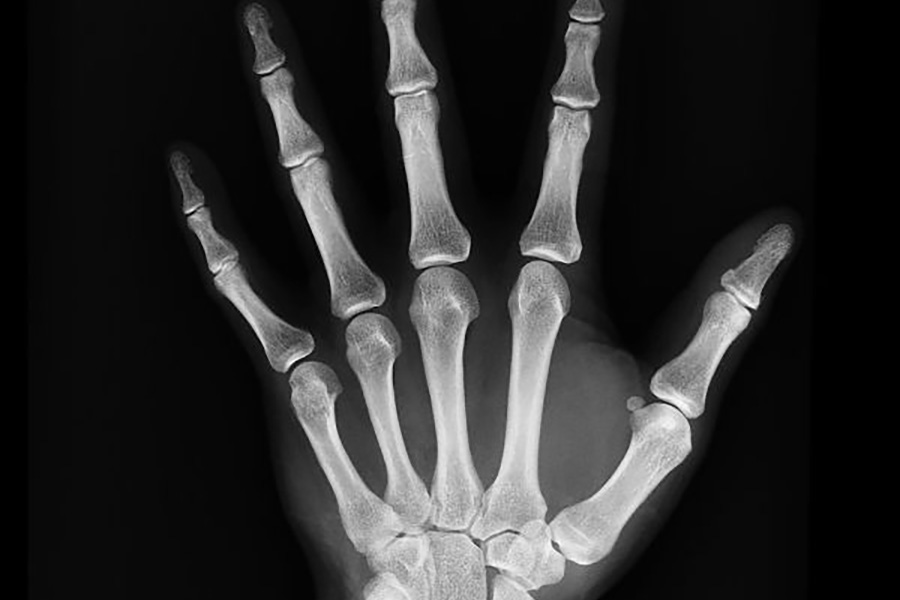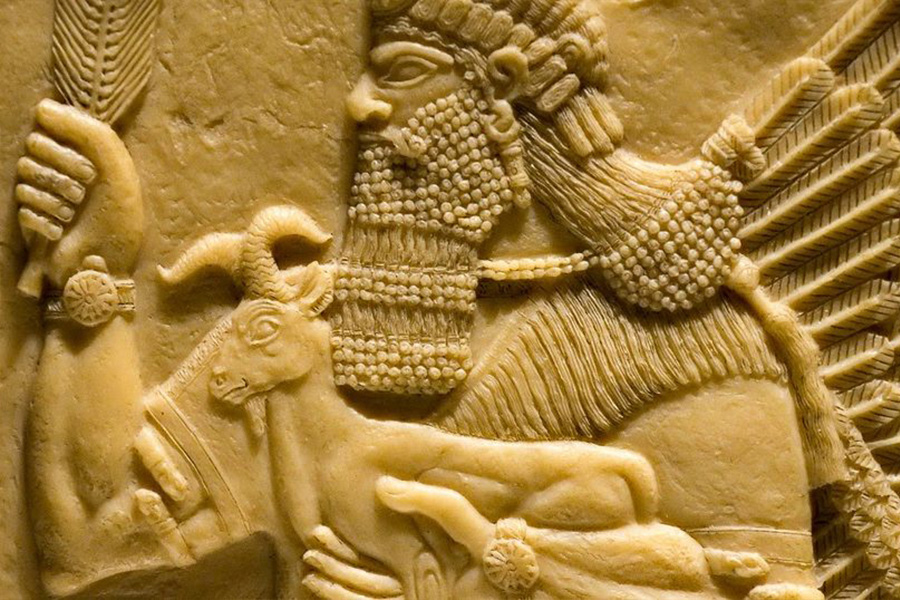The word yashamaāal (𐤉𐤔𐤌𐤏𐤀𐤋) or “Ishmael” is the name of 𐤀𐤁𐤓𐤌 (Abaram) aka 𐤀𐤁𐤓𐤄𐤌 (Abaraham)’s 𐤁𐤊𐤅𐤓 (bakauar) 𐤁𐤍 (ban) and a child born by the 𐤌𐤑𐤓𐤉 (Matsaray) handmaiden, 𐤄𐤂𐤓 (Hagar). He is the older 𐤀𐤇 (akh) of 𐤉𐤑𐤇𐤒 (Yatsakhaq).
However, most importantly he is the 𐤀𐤁 (ab) of 𐤍𐤁𐤉𐤅𐤕 (Nabayauat), 𐤒𐤃𐤓 (Qadar), 𐤀𐤃𐤁𐤀𐤋 (Adabaal), 𐤌𐤉𐤃𐤎𐤀𐤌 (Mayadasaam), 𐤌𐤔𐤌𐤏 (Mashamaā), 𐤃𐤅𐤌𐤄 (Dauamah), 𐤌𐤔𐤀 (Mashaa), 𐤄𐤃𐤃 (Hadad), 𐤕𐤉𐤌𐤀 (Tayamaa), 𐤉𐤈𐤅𐤓 (Yathauar), 𐤍𐤐𐤉𐤔 (Napayash), and 𐤒𐤃𐤌𐤄 (Qadamah). He also had a 𐤁𐤕 (bat) who married his nephew, 𐤏𐤔𐤅 (Āshau). However, she was called by two different names 𐤌𐤇𐤋𐤕 (Makhalat) meaning “sickness”, given to her by 𐤏𐤔𐤅 (Āshau) after marriage and 𐤁𐤔𐤌𐤕 (Bashamat) meaning “perfume” given to her by him, her father, at birth.
The Paleo-Hebrew language or the original language of the Ābarayam is one spoken with an emphasis on the rauakh (breath, wind, spirit). With the language of the Ābarayam, each letter has a meaning and a number associated with it that adds meaning to each word they’re used with. Below you will be able to learn more about the letter in Ancient Hebrew, Yiddish Hebrew, Greek, and much more.
Letter Meanings
| Letter | Meaning |
|---|---|
| 𐤉 (y) – ya | arm, hand, work, thrust, deed, make, throw, worship Prefix: he/she, turns a word third person |
| 𐤔 (sh) – sha | teeth, eat, consume, destroy, bite, two, change, divide, press, repeat |
| 𐤌 (m) – ma | water, chaos, mighty, liquid, massive, sea, blemish |
| 𐤏 (ā) – ā | eye, to see, experience, watch, heed, know, cover, color |
| 𐤀 (a) – ah | Ox, strength, leader |
| 𐤋 (l) – la | staff, goad, control, toward, protect, authority, bind, yoke, lead Suffix: Forms diminutive (abbreviated) nouns when added to a noun. Suffix: Forms fractional numerals when added to the stem of an ordinal numeral. |
| Ābarayat Number | 451 = 10 (y) + 300 (sh) + 40 (m) + 70 (ā) + 1 (a) + 30 (l) |
| Hebrew Gematria | |
| English Gematria | |
| Simple Gematria |
Based on the meaning of the letters the word could be defined as:
- “work to change multitude to see a leader of authority (power)”
- “creation of a division of a sea to know strength of staff”
- “worship of destruction of chaos to experience strength of authority (power)”
- Combines Yah and Shamaā, and Al
- Combines Yashamaā and Al
Definitions for 𐤉𐤔𐤌𐤏𐤀𐤋 / yashamaāal
| Language | Word | Transliteration | Pronunciation | Definition |
|---|---|---|---|---|
| Ābarayat | 𐤉𐤔𐤌𐤏𐤀𐤋 | yashamaāal | ya-shawma-eh-awl | “Yah hears”, “He who hears Al” |
| English | Ishmael | Ishmael | ish-mee-uhl | the son of Abraham and Hagar: both he and Hagar were cast out of Abraham’s family by Sarah. |
| Hebrew | יִשְׁמָעֵאל | Yishmael | yish-maw-ale’ | “God hears”, the name of several Israelites |
| Arabic | إسماعيل | ‘iismaeil | ees-maw-el | Ishmael |
| Greek | ισμαήλ | Ismail | iz-meyl | Ishmael, the son of Abraham |
The Birth and Concubine
When 𐤀𐤁𐤓𐤌 (Abaram) was 86 years old, his 𐤀𐤔𐤄 (ashah), 𐤔𐤓𐤉 (Sharay), told him to have sex with her handmaiden to bring forth a child. 𐤄𐤂𐤓 (Hagar) is a 𐤌𐤑𐤓𐤉 (Matsaray) from the land of 𐤌𐤑𐤓𐤉𐤌 (Matsarayam) from the lineage of 𐤇𐤌 (Kham) who bore him his 𐤁𐤊𐤅𐤓 (bakauar) 𐤁𐤍 (ban).
However, when the young boy was between 17 and 19 years old, 𐤔𐤓𐤄 (Sharah) told 𐤀𐤁𐤓𐤄𐤌 (Abaraham) to send away 𐤄𐤂𐤓 (Hagar) and his 𐤁𐤊𐤅𐤓 (bakauar) 𐤁𐤍 (ban) and he complied but still maintained interactions with his 𐤁𐤍 (ban). The outcasted man became the progenitor of the 𐤉𐤔𐤌𐤏𐤀𐤋𐤉𐤌 (Yashamaāalayam) or brown-skinned Arabs and his descendants would create the Islamic faith. His name could mean “Yah hears” or “He who hears Al” in 𐤏𐤁𐤓𐤉𐤕 (Ābarayat).
Inheritance and rights
At the age of 14, he was freed along with his 𐤀𐤌 (am). 𐤉𐤄𐤅𐤄 (Yahauah) / 𐤉𐤄𐤉𐤄 (Yahayah)’s covenant made clear he was not to inherit 𐤀𐤁𐤓𐤄𐤌 (Abaraham)’s house and that 𐤉𐤑𐤇𐤒 (Yatsakhaq) would be the seed of the covenant: “Take your son, your only son, whom you love and go to the region of Moriah.” 𐤀𐤁𐤓𐤄𐤌 (Abaraham) gave the young boy and his 𐤀𐤌 (am) a supply of bread and water and sent them away.
𐤄𐤂𐤓 (Hagar) entered the wilderness of 𐤁𐤀𐤓 𐤔𐤁𐤏 (Baar Shabaā) where the two soon ran out of water and 𐤄𐤂𐤓 (Hagar), not wanting to witness the death of her 𐤁𐤍 (ban), set the boy some distance away from herself, and wept. “And God heard the voice of the lad” and sent their 𐤌𐤋𐤀𐤊 (malaak) to tell 𐤄𐤂𐤓 (Hagar), “Arise, lift up the lad, and hold him in thine hand; for I will make him a great nation.” And the 𐤀𐤋𐤄𐤉𐤌 (alahayam) “opened her eyes, and she saw a well of water”, from which she drew to save his life and her own. “And God was with the lad; and he grew, and dwelt in the wilderness, and became an archer.”
The Marriage and Multiple 𐤀𐤔𐤄 (ashah)
Two different sources provide differing names for his first 𐤀𐤔𐤄 (ashah). It is said that he marries a 𐤌𐤅𐤀𐤁𐤉 (Mauaabay) named 𐤏𐤃𐤉𐤔𐤄 (Ādayashah). If he married a 𐤌𐤅𐤀𐤁𐤉 (Mauaabay) then this could provide some explanation for why the Moors [claimed descendants of 𐤌𐤅𐤀𐤁 (Mauaab)] were followers of Islam, as they would have received teachings from one of their ancestors being 𐤏𐤃𐤉𐤔𐤄 (Ādayashah)’s husband. Another name they give for his first wife is a 𐤌𐤑𐤓𐤉 (Matsaray) named 𐤌𐤓𐤉𐤁𐤄 (Marayabah), which fits the narrative of 𐤄𐤂𐤓 (Hagar) seeking a woman from her people for a 𐤀𐤔𐤄 (ashah) for her 𐤁𐤍 (ban).
Later on, 𐤀𐤁𐤓𐤄𐤌 (Abaraham) went to see him, and, according to the promise to 𐤔𐤓𐤄 (Sharah), stopped at his 𐤁𐤍 (ban)’s tent without getting off of his camel. He was not there at the time, but his 𐤁𐤍 (ban)’s 𐤀𐤔𐤄 (ashah) refused 𐤀𐤁𐤓𐤄𐤌 (Abaraham) food and beat her children and cursed her husband within 𐤀𐤁𐤓𐤄𐤌 (Abaraham)’s hearing. 𐤀𐤁𐤓𐤄𐤌 (Abaraham) then asked her to tell 𐤉𐤔𐤌𐤏𐤀𐤋 (Yashamaāal) when he returned that an old man had asked that he change the peg of the tent. 𐤉𐤔𐤌𐤏𐤀𐤋 (Yashamaāal) understood that it was his 𐤀𐤁 (ab), took the hint, and separated from his 𐤀𐤔𐤄 (ashah). He then married another woman, named 𐤐𐤕𐤉𐤌𐤄 (Phatayamah), who, when three years later 𐤀𐤁𐤓𐤄𐤌 (Abaraham) came again to see his son, received him kindly; therefore 𐤀𐤁𐤓𐤄𐤌 (Abaraham) asked her to tell her husband that the peg was good.
He then went to 𐤊𐤍𐤏𐤍 (Kanaān) and settled with his 𐤀𐤁 (ab), 𐤀𐤁𐤓𐤄𐤌 (Abaraham). This probably occurred after the death of 𐤔𐤓𐤄 (Sharah).
The 𐤁𐤕 (bat)
𐤁𐤔𐤌𐤕 (Bashamat) was the third wife of 𐤏𐤔𐤅 (Āshau). Before 𐤏𐤔𐤅 (Āshau) married her as his third wife, he had named one of his 𐤊𐤍𐤏𐤍𐤉 (Kanaānay) 𐤀𐤔𐤄𐤉𐤌 (ashahayam) after 𐤁𐤔𐤌𐤕 (Bashamat), probably because he knew of her since they were cousins. The 𐤀𐤔𐤄 (ashah) whom 𐤏𐤔𐤅 (Āshau) named as 𐤁𐤔𐤌𐤕 (Bashamat), was 𐤏𐤃𐤄 (Ādah) the 𐤇𐤕𐤉 (Khatay), his first 𐤀𐤔𐤄 (ashah). So after he married his third 𐤀𐤔𐤄 (ashah), he changed 𐤁𐤔𐤌𐤕 (Bashamat) the 𐤉𐤔𐤌𐤏𐤀𐤋𐤉 (Yashamaāalay)’s name to 𐤌𐤇𐤋𐤕 (Makhalat). 𐤏𐤔𐤅 (Āshau) sought this union with someone who wasn’t a 𐤊𐤍𐤏𐤍𐤉 (Kanaānay), in an effort to reconcile his relationship with his parents, namely with his father whose blessing he sought. However, there is no record of his parents’ approval of the union.
Genealogy
| Generation | Direct Lineage | Sibling Lineage |
|---|---|---|
| 1st Generation | 𐤍𐤅𐤇 (Nauakh) | |
| 2nd Generation | 𐤔𐤌 (Sham) | 𐤉𐤐𐤕 (Yaphat) 𐤇𐤌 (Kham) |
| 3rd Generation | 𐤀𐤓𐤐𐤊𐤔𐤃 (Araphakashad) | 𐤏𐤉𐤋𐤌 (Āyalam) 𐤀𐤔𐤇𐤅𐤓 (Ashakhauar) 𐤋𐤅𐤃 (Lauad) 𐤀𐤓𐤌 (Aram) |
| 4rth Generation | 𐤔𐤋𐤇 (Shalakh) | |
| 5th Generation | 𐤏𐤁𐤓 (Ābar) | |
| 6th Generation | 𐤐𐤋𐤂 (Phalag) | 𐤉𐤒𐤈𐤍 (Yaqathan) |
| 7th Generation | 𐤓𐤏𐤅 (Raāu) | |
| 8th Generation | 𐤔𐤓𐤅𐤂 (Sharauag) | |
| 9th Generation | 𐤍𐤇𐤅𐤓 (Nakhauar) | |
| 10th Generation | 𐤕𐤓𐤇 (Tarakh) | |
| 11th Generation | 𐤀𐤁𐤓𐤌 (Abaram) / 𐤀𐤁𐤓𐤄𐤌 (Abaraham) | 𐤍𐤇𐤅𐤓 (Nakhauar) 𐤄𐤓𐤍 (Haran) 𐤔𐤓𐤉 (Sharay) / 𐤔𐤓𐤄 (Sharah) |
| 12th Generation | 𐤉𐤔𐤌𐤏𐤀𐤋 (Yashamaāal) | 𐤉𐤑𐤇𐤒 (Yatsakhaq) 𐤆𐤌𐤓𐤍 (Zamaran) 𐤌𐤃𐤉𐤍 (Madayan) 𐤌𐤃𐤍 (Madan) 𐤉𐤒𐤔𐤍 (Yaqashan) 𐤉𐤔𐤁𐤒 (Yashabaq) 𐤔𐤅𐤇 (Shauakh) |
| 13th Generation | 𐤍𐤁𐤉𐤅𐤕 (Nabayauat) 𐤒𐤃𐤓 (Qadar) 𐤀𐤃𐤁𐤀𐤋 (Adabaal) 𐤌𐤉𐤃𐤎𐤀𐤌 (Mayadasaam) 𐤌𐤔𐤌𐤏 (Mashamaā) 𐤃𐤅𐤌𐤄 (Dauamah) 𐤌𐤔𐤀 (Mashaa) 𐤄𐤃𐤃 (Hadad) 𐤕𐤉𐤌𐤀 (Tayamaa) 𐤉𐤈𐤅𐤓 (Yathauar) 𐤍𐤐𐤉𐤔 (Napayash) 𐤒𐤃𐤌𐤄 (Qadamah) 𐤁𐤔𐤌𐤕 (Bashamat) |
Images for 𐤉𐤔𐤌𐤏𐤀𐤋 / yashamaāal
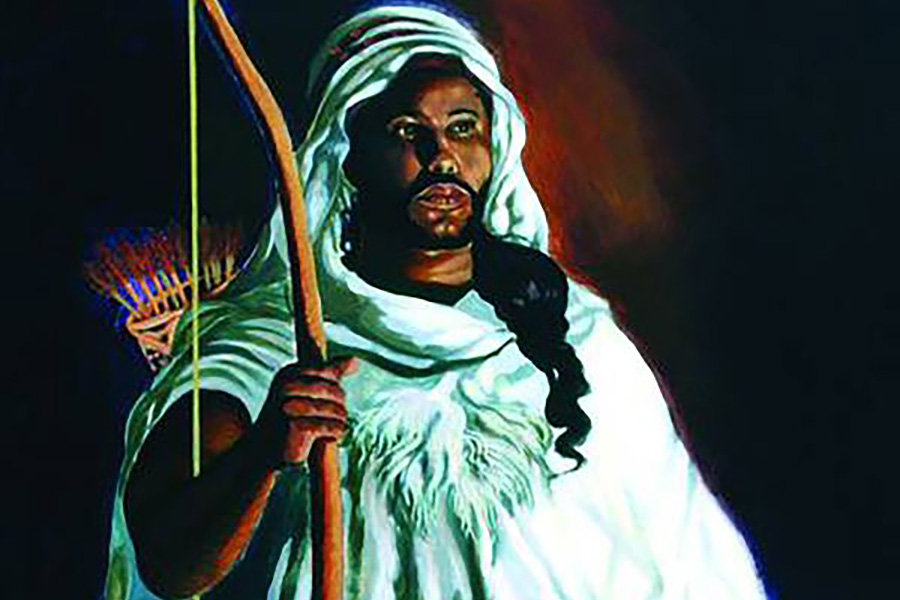
Maps for 𐤉𐤔𐤌𐤏𐤀𐤋 / yashamaāal
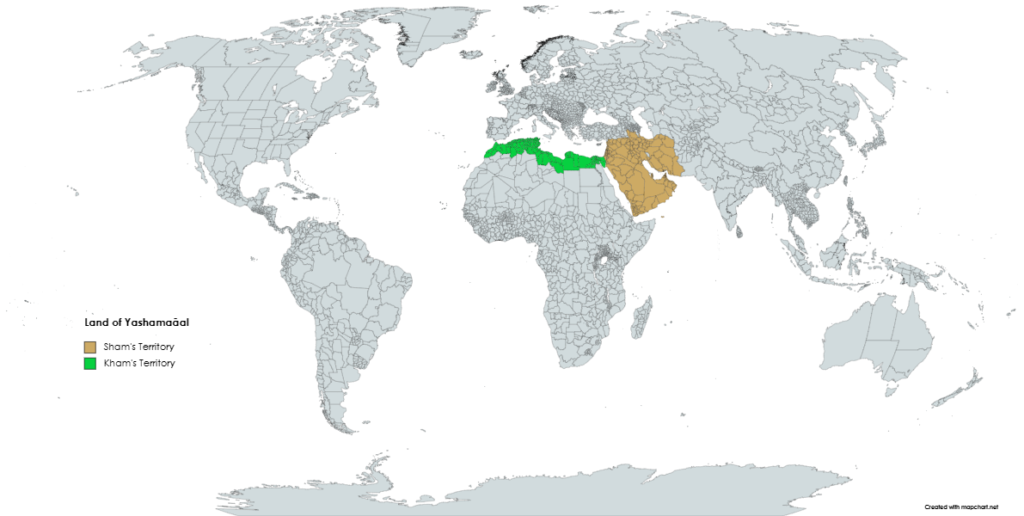
Definitions for 𐤉𐤔𐤌𐤏𐤀𐤋𐤉 / yashamaāalay
When adding the 𐤉 (yad) to the end of a word, it creates a possessive of the original word. It can either signify “my…” or identify a member of a nation. For example, 𐤏𐤁𐤓 (Ābar) is the progenitor, but 𐤏𐤁𐤓𐤉 (Ābaray) is the singular descendant of him also known as a Hebrew.
| Language | Word | Transliteration | Pronunciation | Definition |
|---|---|---|---|---|
| Ābarayat | 𐤉𐤔𐤌𐤏𐤀𐤋𐤉 | yashamaāalay | ya-shawma-eh-awley | descendant of Yashamaāal |
| English | Ishmaelite | Ishmaelite | ish-mee-uh-lahyt | a descendant of Ishmael, |
| Hebrew | יִשְׁמָעֵאלִי | Yishmeeli | yish-maw-ay-lee’ | descendant of Ishmael |
| Arabic | الاسماعيلي | aliasmaeili | aw-lees-mahy-ee | Ismaili |
| Greek | Ισμάλι | ismali | eh-sh-mal-ee | ismali |
The Descendants
𐤉𐤔𐤌𐤏𐤀𐤋𐤉 (Yashamaāalay) or Ishmaelite are the descendants of 𐤉𐤔𐤌𐤏𐤀𐤋 (Yashamaāal) and were a tribal confederation of Iron Age 𐤔𐤌𐤉 (Shamay)-speaking tribes of the ancient Near East, which inhabited a part of the Arab world. 𐤉𐤔𐤌𐤏𐤀𐤋 (Yashamaāal) had one 𐤁𐤕 (bat) and twelve 𐤁𐤍𐤉𐤌 (banayam) described as “twelve princes” mentioned in 𐤁𐤓𐤀𐤔𐤉𐤕 (BaRaashayat) 17:20. In Islamic tradition, these gave rise to the “Twelve Tribes of Ishmael”, Arab tribes from which the early Muslims were descended. However, over time and through mixing with 𐤉𐤔𐤓𐤀𐤋 (Yasharaal), 𐤀𐤃𐤅𐤌 (Adauam), and other nations they have become nonexistent as a separate tribe and community.
Images for 𐤉𐤔𐤌𐤏𐤀𐤋𐤉 / yashamaāalay

𐤍𐤁𐤉𐤅𐤕 (Nabayauat)
𐤍𐤁𐤉𐤅𐤕𐤉𐤌 (Nabayauatayam)
The Nabataeans
South of the Dead Sea
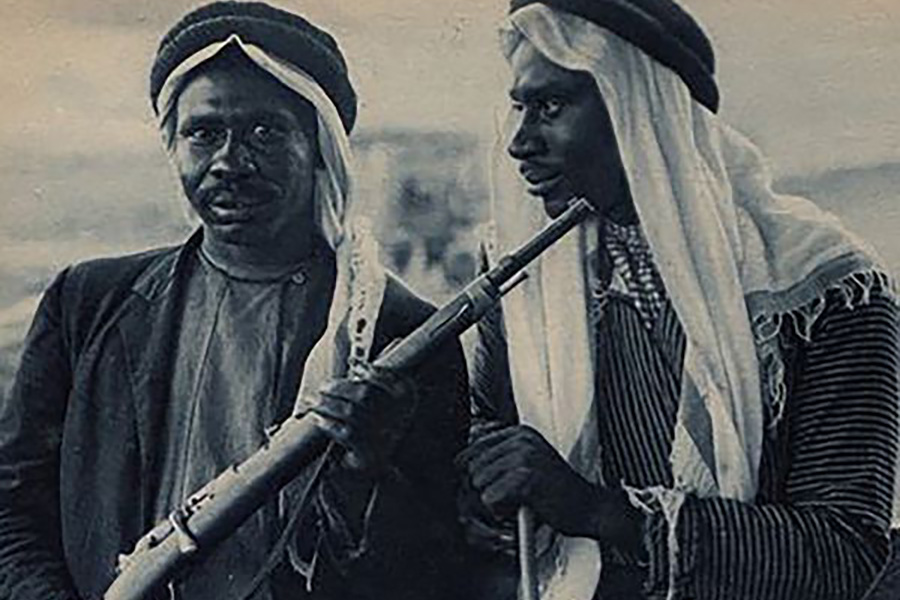
𐤒𐤃𐤓 (Qadar)
𐤒𐤃𐤓𐤉𐤌 (Qadarayam)
Kedarites
Northwest Arabian peninsula
“Family of the Prophet Mohammed”

𐤀𐤃𐤁𐤀𐤋 (Adabaal)
𐤀𐤃𐤁𐤀𐤋𐤉𐤌 (Adabaalayam)
The Idiba’leans
Northwest Arabia
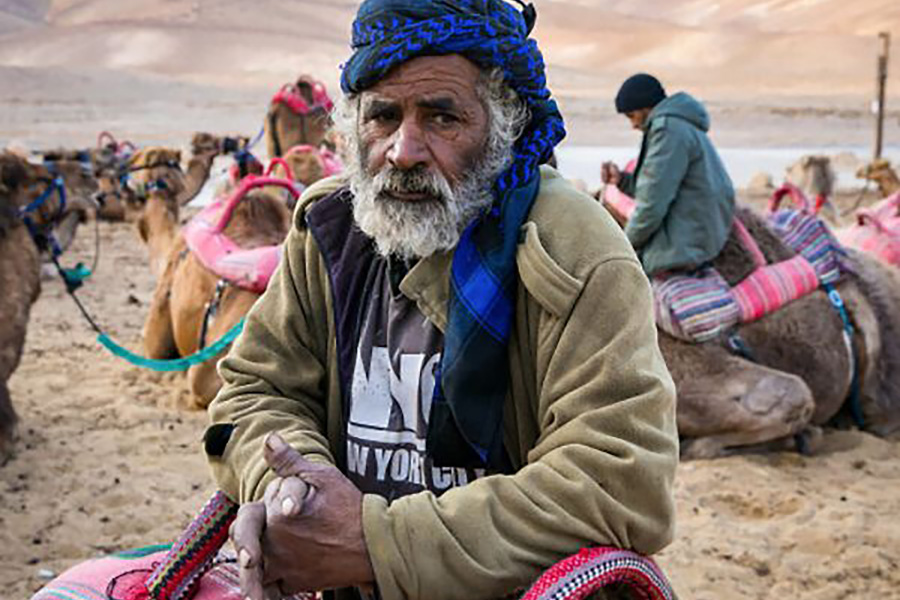
𐤌𐤉𐤃𐤎𐤀𐤌 (Mayadasaam)
𐤌𐤉𐤃𐤎𐤀𐤌𐤉𐤌 (Mayadasaamayam)
Bedouin
Desert regions in the Levant, the Arabian Peninsula, Iraq, and North Africa

𐤌𐤔𐤌𐤏 (Mashamaā)
𐤌𐤔𐤌𐤏𐤉𐤌 (Mashamaāyam)
Unknown
South Arabian Peninsula
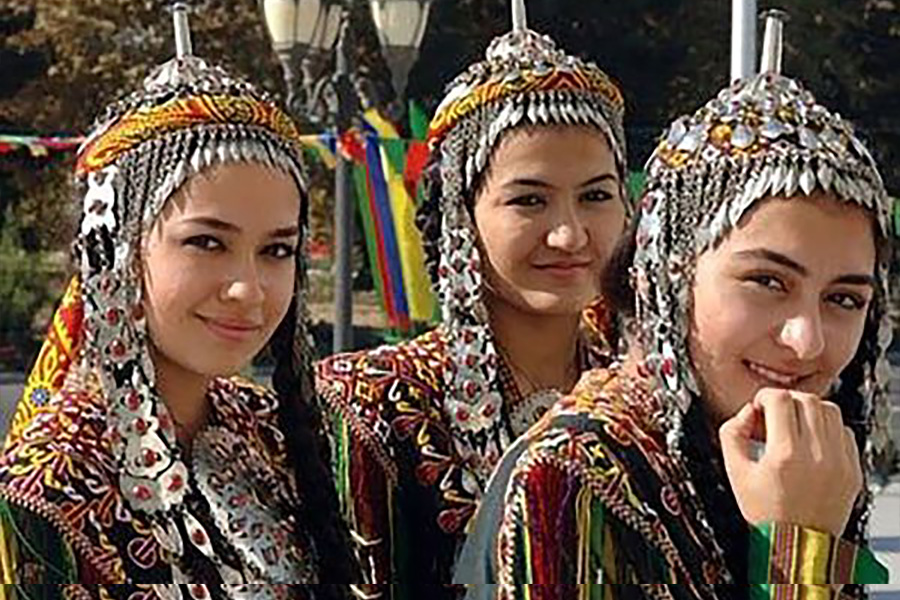
𐤃𐤅𐤌𐤄 (Dauamah)
𐤃𐤅𐤌𐤄𐤉𐤌 (Dauamahayam)
Adammatu
North Arabian Peninsula (Dumat-al-Jandal)
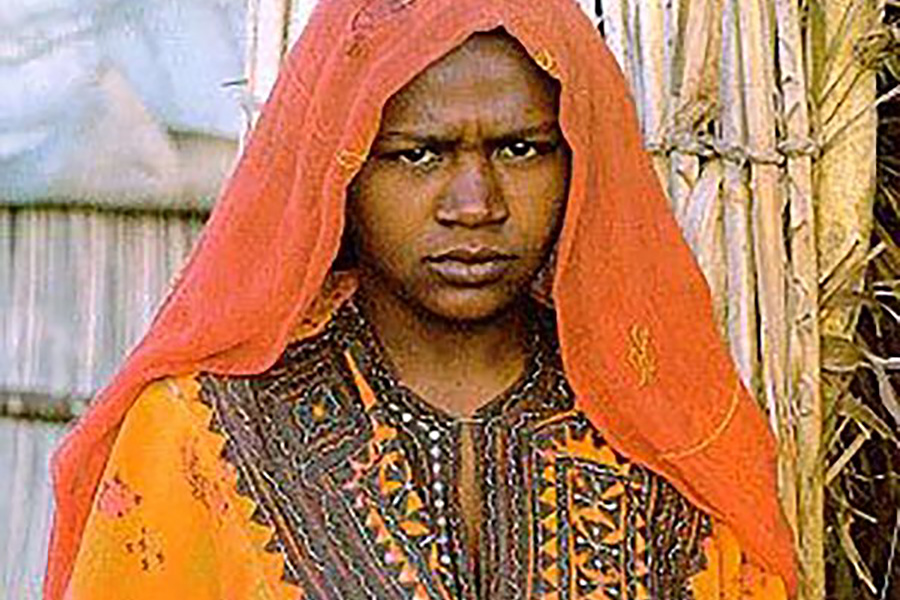
𐤌𐤔𐤀 (Mashaa)
𐤌𐤔𐤀𐤉𐤌 (Mashaayam)
Mesanaeans
East Arabian Peninsula
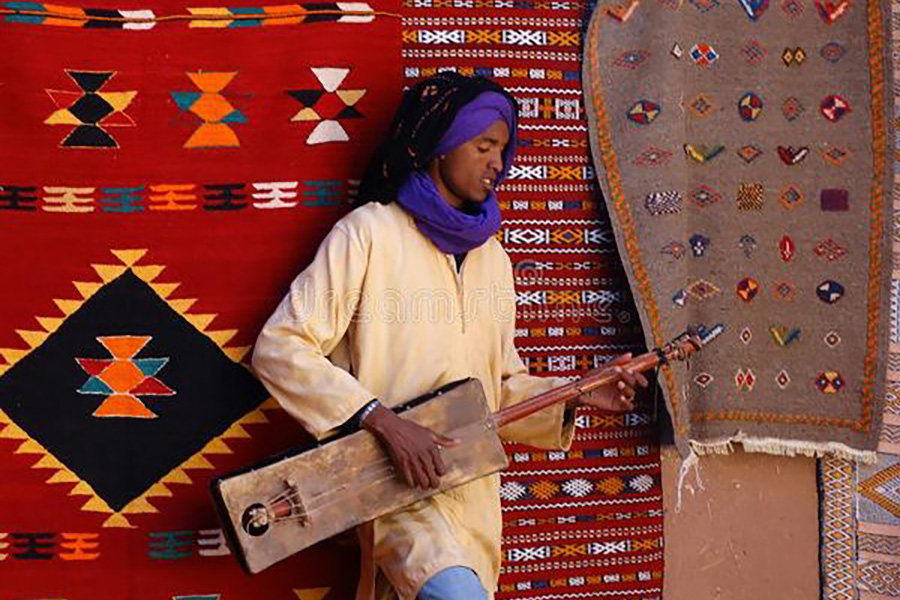
𐤄𐤃𐤃 (Hadad)
𐤄𐤃𐤃𐤉𐤌 (Hadadayam)
Haddu
Northern Syria

𐤕𐤉𐤌𐤀 (Tayamaa)
𐤕𐤉𐤌𐤀𐤉𐤌 (Tayamaayam)
Taima
Northeast Dedan

𐤉𐤈𐤅𐤓 (Yathauar)
𐤉𐤈𐤅𐤓𐤉𐤌 (Yathauarayam)
Ituraeans
Northwest Arabian Peninsula

𐤍𐤐𐤉𐤔 (Naphayash)
𐤍𐤐𐤉𐤔𐤉𐤌 (Naphayashayam)
Nephusim
Unknown

𐤒𐤃𐤌𐤄 (Qadamah)
𐤒𐤃𐤌𐤄𐤉𐤌 (Qadamahayam)
Unknown
Wilderness of Kedemoth
Definitions for 𐤉𐤔𐤌𐤏𐤀𐤋𐤉𐤌 / yashamaāalayam
When adding the 𐤌 (mayam) after the 𐤉 (yad) to the end of a word, it creates a plural of the original word. It can identify multiple members of a nation. For example, 𐤏𐤁𐤓 (Ābar) is the progenitor, but 𐤏𐤁𐤓𐤉𐤌 (Ābarayam) are the plural descendants of him also known as Hebrews.
| Language | Word | Transliteration | Pronunciation | Definition |
|---|---|---|---|---|
| Ābarayat | 𐤉𐤔𐤌𐤏𐤀𐤋𐤉𐤌 | yashamaāalayam | ya-shawma-eh-awla-yawm | descendants of Yashamaāal |
| English | Ishmaelites | Ishmaelites | ish-mee-uh-lahyts | a descendants of Ishmael, |
| Hebrew | ||||
| Arabic | ||||
| Greek |
Images for 𐤉𐤔𐤌𐤏𐤀𐤋𐤉𐤌 / yashamaāalayam


Definitions for 𐤉𐤔𐤌𐤏𐤀𐤋𐤉𐤕 / yashamaāalayat
When adding the 𐤕 (tau) after the 𐤉 (yad) to the end of a word, it creates a plural of the original word. It identifies the language or a sign of a nation’s existence. For example, 𐤏𐤁𐤓 (Ābar) is the progenitor, but 𐤏𐤁𐤓𐤉𐤕 (Ābarayat) is the language of him also known as Paleo-Hebrew language.
| Language | Word | Transliteration | Pronunciation | Definition |
|---|---|---|---|---|
| Ābarayat | 𐤉𐤔𐤌𐤏𐤀𐤋𐤉𐤕 | yashamaāalayat | ya-shawma-eh-awla-yawt | Language of Yashamaāal |
| English | ||||
| Hebrew | ||||
| Arabic | ||||
| Greek |
Images for 𐤉𐤔𐤌𐤏𐤀𐤋𐤉𐤕 / yashamaāalayat
| Character | Name | Transliteration | Pronunciation |
|---|---|---|---|
| 𐩱 | ʾ | ʔ | |
| 𐩨 | b | b | |
| 𐩴 | g | g | |
| 𐩶 | ġ | ɣ | |
| 𐩵 | d | d | |
| 𐩳 | ḍ | ɬˤ | |
| 𐩹 | ḏ | ð | |
| 𐩠 | h | ha | |
| 𐩥 | w / u | w / u | |
| 𐩸 | z | z | |
| 𐩼 | ẓ | θˤ | |
| 𐩢 | ḥ | ħ | |
| 𐩭 | ḫ | x | |
| 𐩷 | ṭ | tˤ | |
| 𐩺 | y | j / i | |
| 𐩫 | k | k | |
| 𐩡 | l | l | |
| 𐩣 | m | m | |
| 𐩬 | n | n | |
| 𐩪 | s | j | |
| 𐩯 | ś | s̪ | |
| 𐩲 | ʿ | ʕ | |
| 𐩰 | f | f | |
| 𐩮 | ṣ | sˤ | |
| 𐩤 | q | qa | |
| 𐩧 | r | ra | |
| 𐩦 | š | ɬ | |
| 𐩩 | t | ta | |
| 𐩻 | ṯ | θ |
Classification
You can continue your studies of the words by viewing Strong’s entries for:


